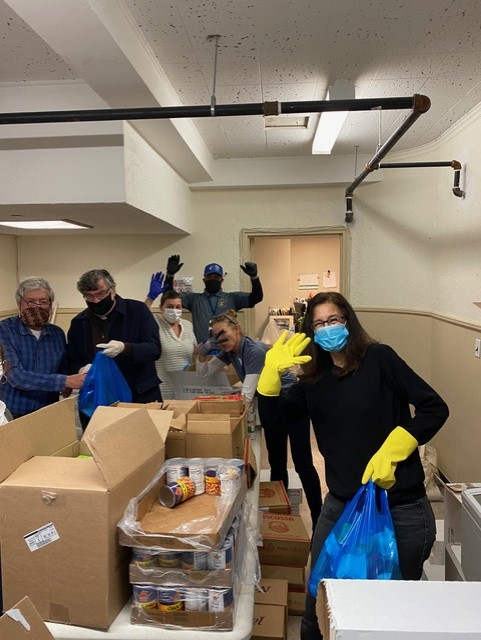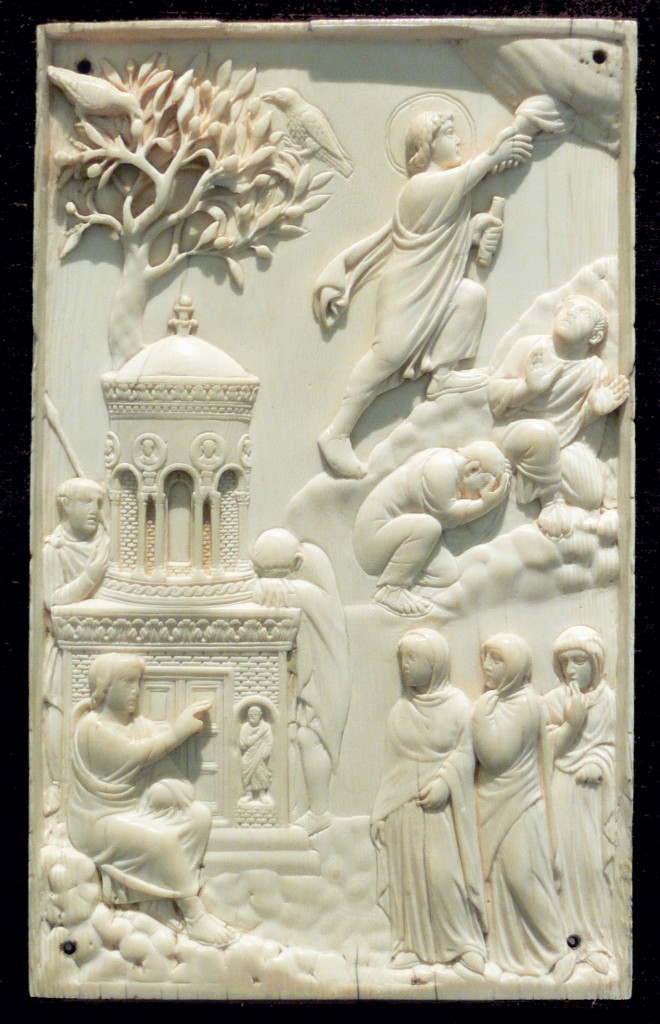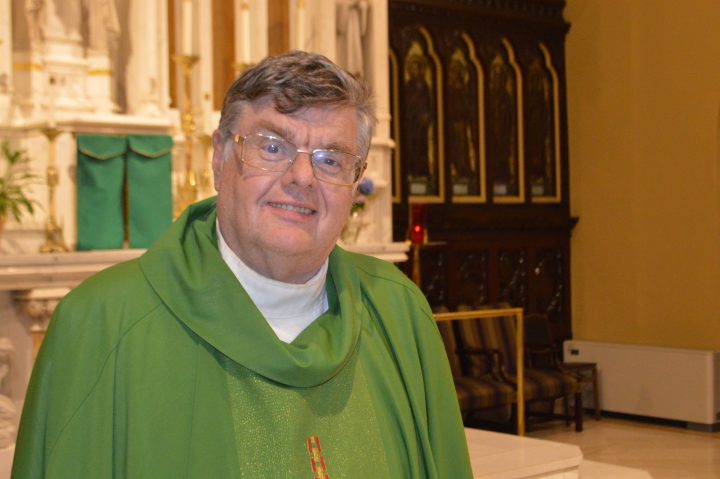Paul Writing His Epistles, attr. Valentin de Boulogne, 17th century, Museum of Fine Arts (Houston)
Solemnity of the Body and Blood of Christ
June 14, 2020
It has been my custom to examine the first reading of the Mass in some detail for our emails and website. This is usually from the Old Testament. The passages are unknown to many Catholics and the wisdom contained in them can be quite a revelation. For most of the year the second reading is from St Paul. It is surprising that he too is often unknown and even when acknowledged usually misunderstood. From next week to mid-September we will be reading the Letter of Paul to the Romans and I have decided make this a summer project.
It is in some ways a very good choice to look at Paul through Romans. It is the most comprehensive letter: it covers the most topics. These topics are among the major issues of our faith. He also speaks in calm and disciplined manner and does not go off on tangents. This letter is so critical that some theologians have called all subsequent theology footnotes on Romans. By the end of the summer, I hope you will understand why. Continue reading “Fr. Smith on Romans: Surest Way to End with God is to Begin with Him”






